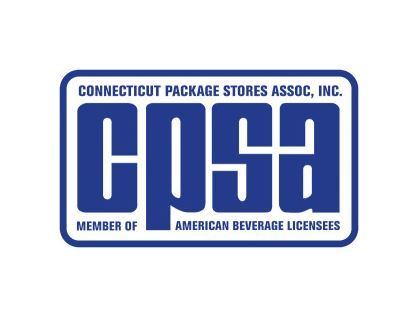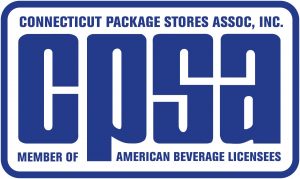

Carroll J. Hughes, Executive Director, Connecticut Package Store Association.
By Carroll J. Hughes, Executive Director, CPSA
Although it is still early to predict the legislative issues which the Connecticut Package Stores Association (CPSA) will encounter next February, the issue that is certain to gain momentum before November is the expansion of the bottle bill to wine and liquor bottles.
The bottle bill expansion was presented at least three times last session – once as a related Environment Committee bill, once as a line item in the Governor’s budget and it appeared in the tax bill before the Finance Committee. In the last few days of the session, an attempt was made to keep the issue alive in two study bills, both of which failed.
Legislating the expansion of the bottle bill has very little to do with positive environmental policy, as its origin is with a coalition of special interest groups, each with a separate reason for supporting the expansion.
The primary driver behind the bill is the private hauler recyclers association, the National Waste & Recycling Association (NWRA). The lead movers of the association are a few hauler collectors, particularly in the Hartford area, many of whom serve package stores for refuse collection. This year, the president of the group, Michael Paine of Paine Refuse Company, wrote an op-ed in the Hartford Courant on the issue. An excerpt can be found below from the May 1, 2019 piece, titled, “The proposed bottle bill expansion puts a deposit on the wrong kinds of bottles.”
By Mike Paine (May 1, 2019)
To help recycling, the Connecticut container deposit law should be amended to include glass bottles — wine and liquor bottles specifically. These glass containers, and others, break when they are managed in the recycling system — that is when you put glass in your recycling bins and buckets, when we collect recyclables with our trucks and when processed at the recycling plants we run with our elaborate equipment.
When glass containers break, all the different colors — clear, brown, green — become mixed. When mixed like this, getting glass recycled is very difficult and expensive. Also, broken glass in the recycling system is a nuisance at least for homeowners and a downright nightmare for recycling center operators, due to workplace safety issues and wear and tear on equipment due to the abrasive nature of fine glass pieces.
So to help recycling in Connecticut, wine and liquor glass containers should be the target of the expansion, not plastic and metal containers not already on the state’s container redemption list. They are currently put in recycling bins and barrels, and they are being managed effectively and efficiently and not disposed.
 A number of stores have inquired about the lobbyist who represents the haulers, as they also represent one or more of the largest liquor retailers in the state. For some lobbyists, the answer to such a question is an ethical one, and should consider the character of the person providing the service and if the represented interest groups have an issue with the conflict of interest.
A number of stores have inquired about the lobbyist who represents the haulers, as they also represent one or more of the largest liquor retailers in the state. For some lobbyists, the answer to such a question is an ethical one, and should consider the character of the person providing the service and if the represented interest groups have an issue with the conflict of interest.
Other movers of the bottle bill expansion include those who want to purchase the glass, municipal lobbying groups, those trying to develop new businesses to handle the material and representatives of the redemption machines that are commonly found in supermarkets. Currently, there are more than 15 persons working for the expansion of the bottle bill.
Although the bill has not yet been presented to any committee, package stores should begin working to defeat the expansion of the bottle bill by letting their representatives know how it will negatively affect your businesses.
The bill will again be before the Environment Committee, and the list of members and links to contact them can be found on the CGA website: www.cga.ct.gov/env.
Other possible approaches to the bottle bill could include an increase in the amount of the current deposit or the handling fee, and a potential product stewardship bill, which would require the alcohol beverage industry to finance the cost of handling alcoholic and nonalcoholic beverage containers.



